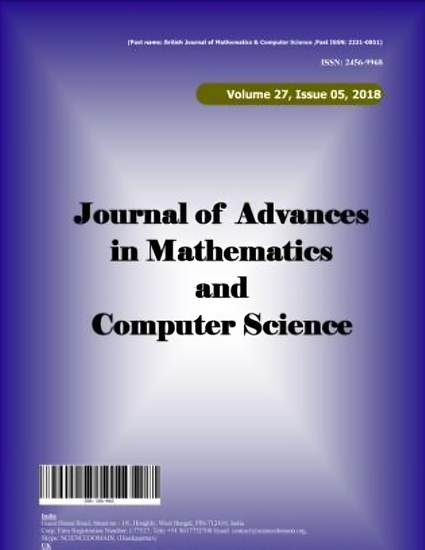
Article
The Riemann Hypothesis: A Fresh and Experimental Exploration
Journal of Advances in Mathematics and Computer Science
(2024)
Abstract
This research proposes a new approach to the Riemann Hypothesis, focusing on the interplay between prime gaps and the non-trivial zeros of the Riemann Zeta function. Utilizing various statistical models and experimental analysis techniques, three important insights are uncovered: 1) Granger causality tests reveal a predictive relationship in which past non-trivial zeros may predict future prime gaps; 2) Complex, nonlinear interactions between prime gaps and non-trivial zeros are identified, challenging simple linear correlations; and 3) Causal network analysis reveals intricate feedback-loop relationships. These findings contribute to a better understanding of prime number distribution and the Zeta function, opening up novel possibilities for further mathematical research. The study aims to motivate mathematicians towards a proof or disproof of the Riemann Hypothesis.
Keywords
- Riemann hypothesis,
- prime gaps,
- non-trivial zeros of the zeta function,
- statistical models
Publication Date
2024
DOI
10.9734/jamcs/2024/v39i41885
Citation Information
Sergio Da Silva. "The Riemann Hypothesis: A Fresh and Experimental Exploration" Journal of Advances in Mathematics and Computer Science Vol. 39 Iss. 4 (2024) p. 100 - 112 ISSN: 2456-9968 Available at: http://works.bepress.com/sergiodasilva/338/
